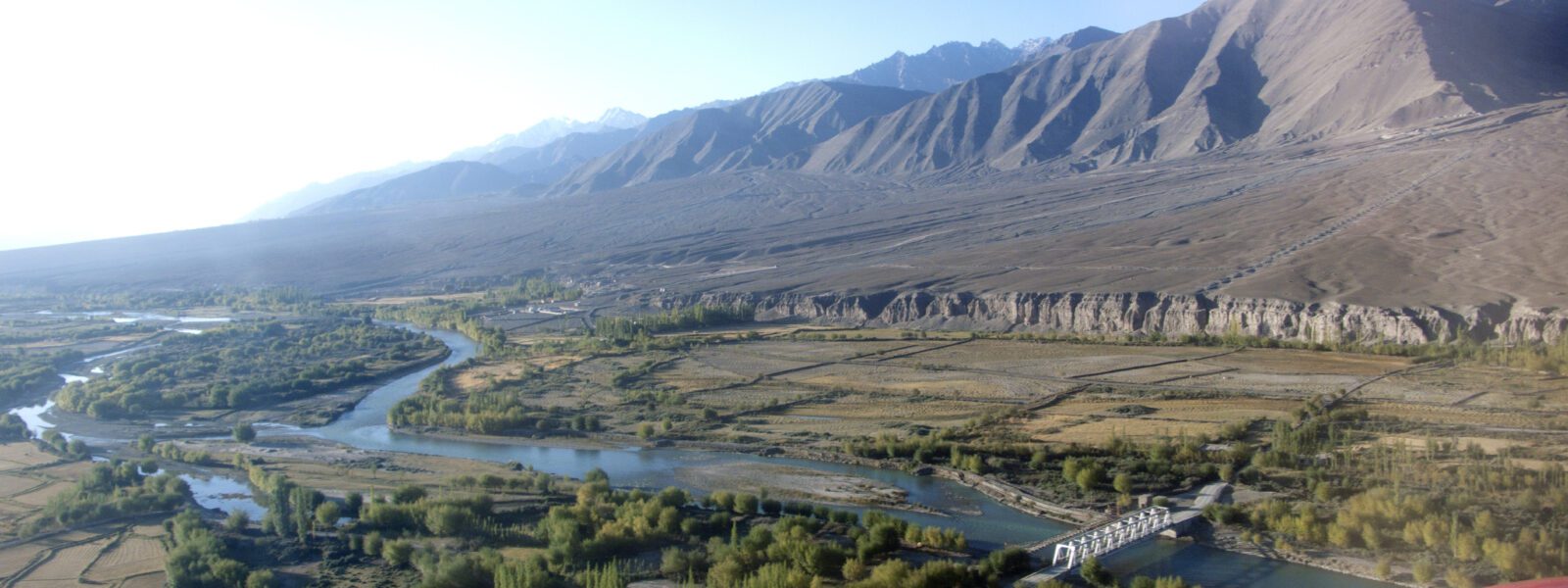When Connection Becomes a Form of Exile
By Declan P. O’Connor
Introduction — The Age of the Digital Pilgrim
The Map Is Not the Mountain, and the Feed Is Not the Soul
We live in an era that confuses velocity with depth and notification with meaning, and the phrase “Pilgrims of the Network Age” names a paradox that many European travelers quietly recognize: we leave home to widen attention yet carry with us a pocketable, glowing home that narrows it. The flight descends into clean air, wind pushes across a high valley, and still the reflex remains—to verify, to post, to triangulate the reality in front of us against a chorus of distant replies. A pilgrim, of course, is a traveler who accepts limits as tutors; a networked person is a traveler who treats limits as bugs to be patched. Ladakh, with its edges of stone and its measured silences, turns this difference into a daily exam. Signals fade, and with them, the small sedations of habit. You begin to notice how often you use the network as an anesthetic against uncertainty: the urge to check a route rather than ask a stranger, to capture a view rather than feel bewildered by it, to outsource wonder to an audience in order to avoid being changed by it yourself. The remedy is not nostalgia; it is proportion. We do not put away the phone because it is evil; we put it away because it is imprecise at altitude, where reality is more granular and the cost of inattention rises. “Pilgrims of the Network Age” do not renounce tools; they refuse to let tools narrate the trip, and they practice a form of presence in which attention—not verification—becomes the primary proof that a day has happened.
A Practical Case for Presence Over Performance
Presence sounds like a soft virtue until you test it against altitude. Breath grows expensive, and with it discernment: which words are necessary, which steps are reckless, which feelings are merely the body asking for water, shade, salt. In this arithmetic the network often plays the wrong instrument; it offers volume when you need pitch. Thus a practical rule emerges for Pilgrims of the Network Age: schedule connectivity the way you would schedule caffeine—deliberately and briefly—so that the rest of the day belongs to slower faculties. A second rule: treat questions as tickets that must be earned with observation. Look longer, ask later. A third: replace the reflex to broadcast with the discipline to annotate, keeping a paper notebook for things that should mature before they are shown. These are not performances of purity. They are basic safety and basic courtesy in a landscape where a minute of careless attention can become a day of repair. The outcome is not merely aesthetic; it is ethical. When you belong to the place you are in—rather than to the audience that waits elsewhere—you make fewer demands, you listen more fully, and you give back in the coin that matters here: time, patience, and a willingness to be a guest rather than a consumer of scenes.
The Lost Art of Disconnection
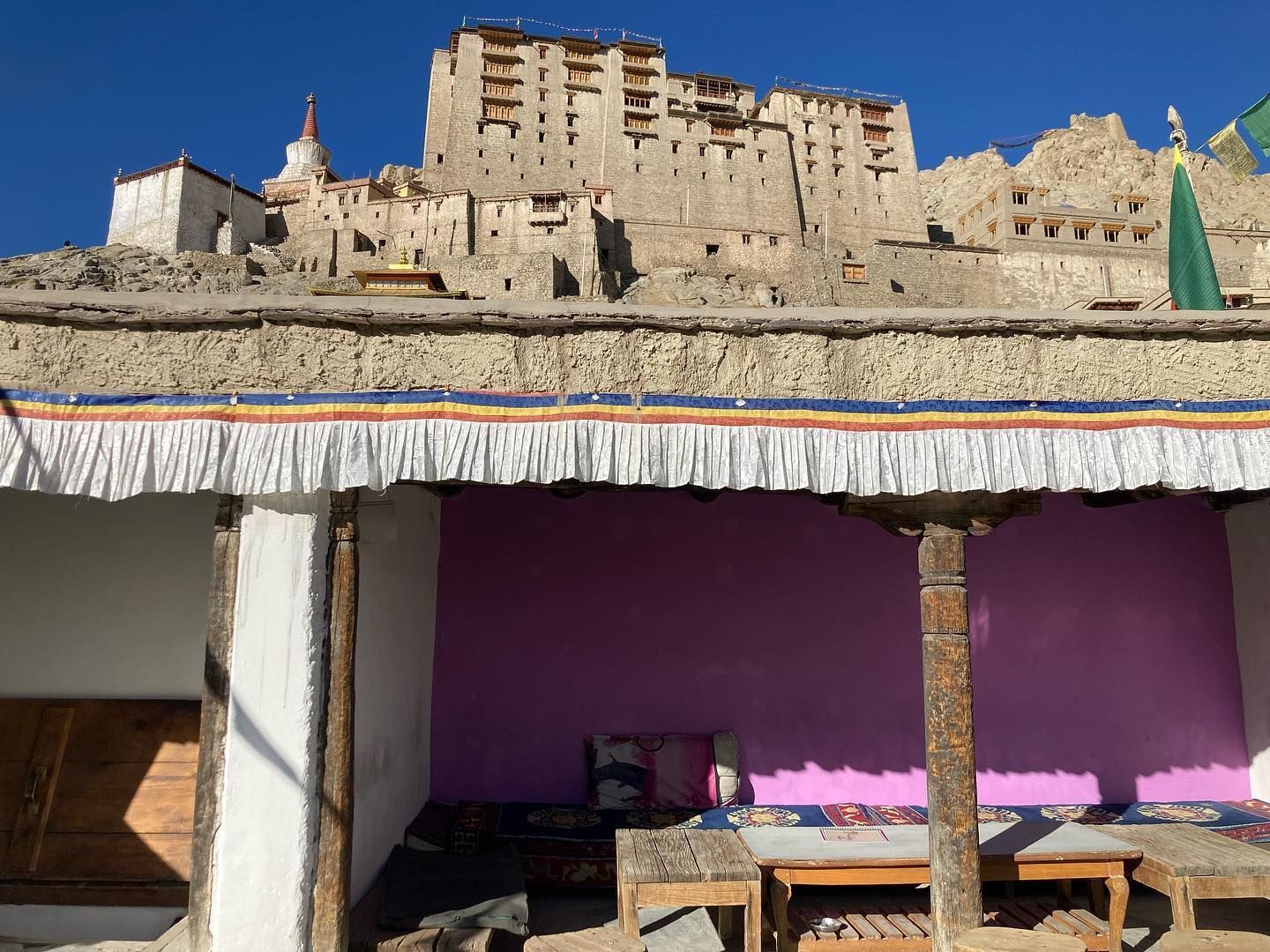
Why Arrival Requires a Ritual of Leaving
Every arrival contains a leaving. The traveler who reaches a high valley with twenty browser tabs still open has not arrived; he has relocated his scrolling. Disconnection, then, is not a luxury but a rite—an intentional exit from the lowland habits that smuggle noise into every minute. The rite is plain: airplane mode by default, scheduled check-ins at the day’s edge, and an agreement with companions that conversation has priority over coverage. The immediate effect is unease; the deeper effect is recovery. Unease comes from surrendering the illusion that certainty is always available on demand. Recovery comes when the senses, freed from the tyranny of equivalence, begin to rank experiences again: the cold cup of tea that becomes sufficient, the long shadow that communicates time without a clock, the tone of a villager’s voice that says more than a sentence translated by an app. The Pilgrims of the Network Age are not saints of silence; they are simply travelers who understand that places like this are heard more clearly at lower volumes, and that a day spent off-grid is often a day spent in tune with the basic negotiations—weather, labor, hospitality—that make remote life coherent.
The Ethics of Unavailability
Availability has become a secular virtue in Europe’s cities, a way of signaling usefulness and care; yet in remote places, constant availability can be a vice, because it tempts you to serve an elsewhere at the expense of the here. Unavailability, practiced within reasonable safety, is a courtesy offered to the host landscape and to the people who must live with it after you leave. The ethics are modest: keep your promises, but make fewer of them; answer messages, but not immediately; choose questions that need a person rather than a search bar; accept that some information is supposed to be an encounter, not a result. Paradoxically, these restraints enrich the trip. You become the kind of guest who participates in the rhythms already in progress rather than the kind of consumer who requires a place to improvise itself around your timeline. In this small way, disconnection becomes a form of respect. It declares that what is happening in front of you deserves your undivided competence—in footwork on a scree slope, in patience when a road closes, in quiet when a ceremony passes by. To be briefly unreachable is to be properly present, and present people make fewer mistakes.
Wi-Fi and the Weight of Solitude
Loneliness, Chosen and Otherwise
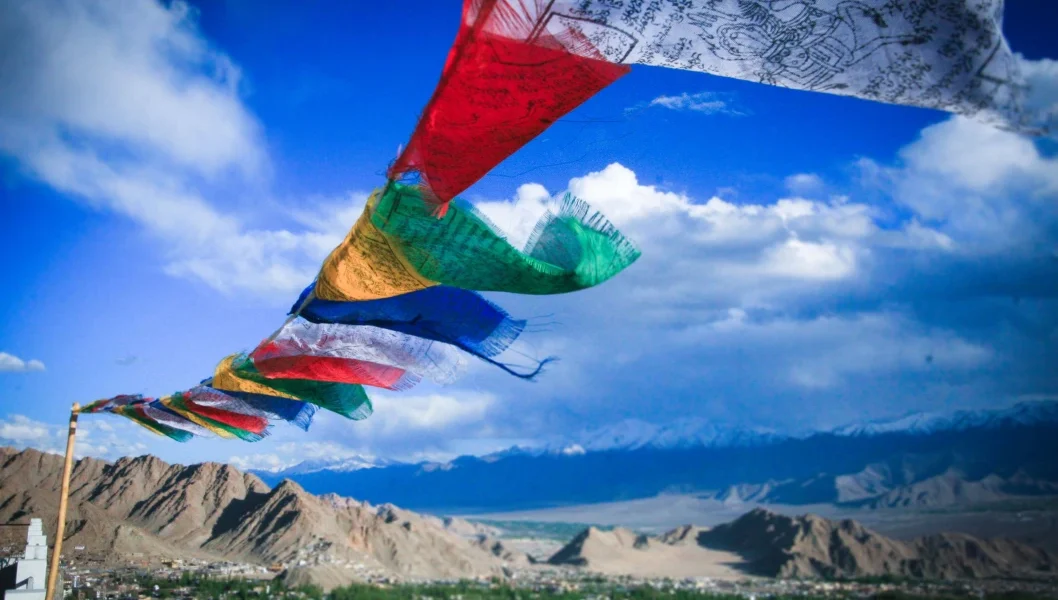
Modern loneliness is often an ambient condition rather than an event. The network fights it by keeping us lightly accompanied at all times; solitude fights it by forcing companionship with reality. At altitude, that companionship can be bracing. You may find yourself walking a ridge with the Indus a silver line below, the wind etching patterns you cannot name across dust, and a sudden awareness that there is no one to confirm how you should feel about any of it. This is the moment many of us fear and therefore avoid with small, compulsive messages to distant friends. But chosen solitude has its own medicine. It slows the impulse to outsource interpretation, and it rehabilitates the interior instruments—memory, judgment, gratitude—that become dull when everything must be shared to be verified. For Pilgrims of the Network Age, the test is simple: can you keep company with a place without asking a stream of absent people to keep company with you in it? The reward is equally simple: a thicker quiet in which motives become visible and some of them, frankly, retire from service. Evenings lengthen. Meals taste like reprieve. The day ends with fewer artifacts and more comprehension.
Presence Outweighs Signal
Presence is not mysticism; it is logistics with moral implications. It looks like this: you put the phone away during a conversation with an elder who remembers winters before roads and summers before tin roofs; you ask two questions and then none; you let pauses do their work. Physiologically, presence lowers pulse and makes attention cheaper to buy back when it wanders. Ethically, it apportionates courtesy toward the people who will still be here when your flight leaves. Practically, it leads to better outcomes: clearer directions, more realistic estimates of time, fewer avoidable errors. When the signal returns, the instinct to narrate every detail tends to have weakened, replaced by a slower satisfaction that what mattered has already been witnessed. Pilgrims of the Network Age do not become hermits; they become companions who are not split between two theaters. They belong to the room they occupy, and this belonging protects both the guest and the host from the strange rudeness of partial presence that modern life too often normalizes.
The New Pilgrimage: Data and Devotion
Faith Without Religion, Ritual Without Theater
Many arrive without a creed and leave with something adjacent to one, not conversion but orientation. The practices are simple and portable: walking before breakfast, carrying less than convenience suggests, reserving an hour for reading something older than the day’s news, writing a page by hand before sleep. None of this requires metaphysics, though it is compatible with it; it requires proportion—the sense that effort should match reward and that rewards at altitude tend to be modest and uninflated by audience. In this frame, a cup of salty tea after a long climb recalibrates luxury; a patch of shade becomes a civic institution; a stranger’s guidance bears more authority than an anonymous review. Pilgrims of the Network Age adopt these rituals not to posture as purists but to keep company with the discreet forms of grace that remote life still offers: endurance without complaining, competence without advertisement, kindness without a performance note attached. Rituals remain rituals because they are repeated; they become devotion when repetition changes the one who repeats them.
The Algorithm Is a Poor Confessor

Our devices can predict our preferences with unnerving accuracy and yet cannot tell us why restlessness persists after every preference is indulged. That is because algorithms excel at recognition and fail at absolution. Feeding them more of yourself will not reconcile you to yourself. Evenings at altitude make this failure easier to see. As the light goes cool and the air sharpens, the urge to consult the feed presents itself as a craving for fellowship; often it is a fear of being left alone with the inventory of the day—what you did well, what you broke, whom you misunderstood. Try a different sequence. Name three gratitudes; name a regret; name a vow. Write them on paper where tomorrow’s self can hold today’s promises to account. This is a secular confessional that the Pilgrims of the Network Age can adopt without embarrassment. It does what the network cannot do: bind your future to your word. The next morning, when your legs are heavy and your ambition is large, the line you wrote will be less forgiving than a timeline and more merciful than a stranger, which is exactly the ratio a difficult day requires.
What Ladakh Teaches the Networked Soul
Altitude as Pedagogy
Altitude is a teacher indifferent to your résumé. It corrects illusions first: that busyness is strength, that visibility is courage, that information equals wisdom. Climb a short hill and watch your ambitions simplify. Breath becomes metronome; desire, a budget; time, a corridor you must walk rather than a stage you can edit. Food tastes like reprieve, not reward; water is a sacrament without homily. Because costs are exposed, gratitude becomes practical: for shade, for a well-fitted boot, for the person who said, “Leave earlier,” and saved you an hour of bad heat. In this pedagogy the Pilgrims of the Network Age learn a civic lesson disguised as a personal one: continuity is greater than intensity. The task is not to burn brighter; it is to go on without spectacle, to do what needs doing at a human rate until the day, like a good instrument, settles into tune.
Culture as Contract, Not Costume
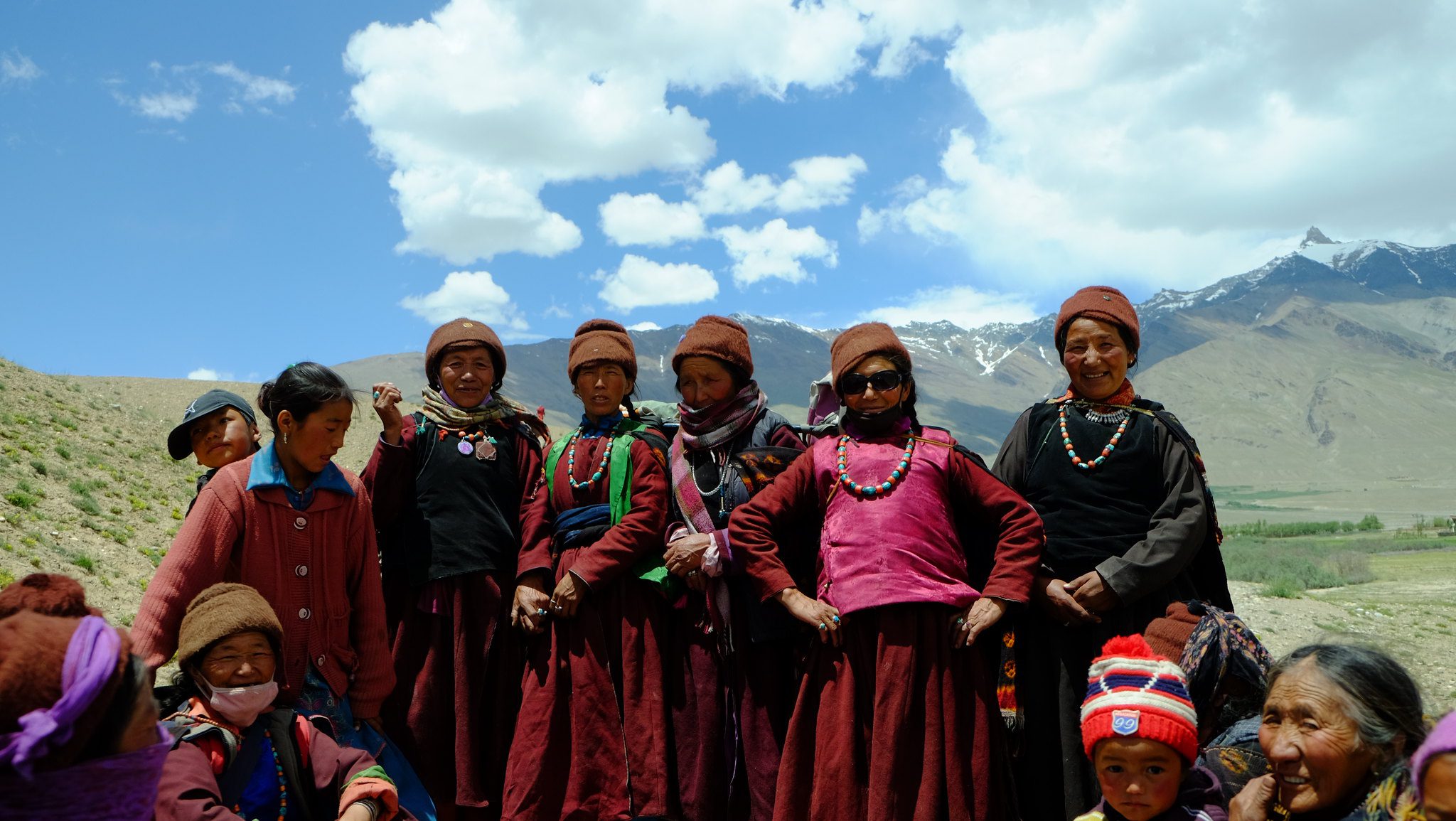
It is tempting to treat culture as a museum—costumes and festivals and architectural silhouettes to be admired and documented. In fact, culture in remote regions functions as contract: agreements about how to share risk, allocate labor, protect children, honor age, and survive winter when supply chains forget you. You see the contract when a village closes a trail after snowfall because rescue would be impossible; when a ceremony sets its hour by the moon rather than the market; when a shopkeeper refuses to sell you what a family will need next week. The networked traveler’s mistake is to treat these arrangements as charming local theater. They are governance. To respect them is to accept that your convenience does not outrank someone else’s survival. Practically, this means paying official fees without theater, tipping with discretion, asking permission before portraits, and buying what you can explain how to make. For Pilgrims of the Network Age, ethics begins with logistics: who is carrying what, who is exposed to which hazards, and how you can make your enthusiasm less expensive to the people who live here when you leave.
Practical Discipline for the Connected Traveler
Designing an Itinerary of Attention
A good itinerary is not a string of locations but a choreography of energies. Mornings, if you can, belong to movement and reading; choose one monastery path or village lane as your anchor and return to it twice in the week so that strangeness can advance to recognition. Reserve mid-day for rest or conversation, because altitude punishes bravado. Set one hour for writing—by hand if possible—so thoughts learn the friction that makes meaning cohere. Schedule short connectivity windows at day’s end to send essential notes and not a gallery; the day deserves to finish in privacy. If you travel with companions, spend two silent minutes before dinner naming, inwardly, one thing worth being quiet for. It is awkward and restorative. These habits are not moral theater; they are the craftsmanship of presence, and they travel home better than souvenirs. Pilgrims of the Network Age discover that such choreography makes the week feel larger, not smaller, because attention stretches time the way altitude stretches breath.
Hospitality, Reciprocity, and the Price of Wonder
Wonder is not free. Somebody maintains the path you romanticize, stores the grain that stabilizes winter, patches the road you call “empty.” Treat hospitality as a budget you belong to. Pay for what you cannot carry—transport, guiding, permits—with a seriousness that honors the labor involved. Buy from the person who can explain the technique rather than the reseller who cannot; gratitude becomes precise when it understands failure points and repair times. Keep a record of whom you thanked and what you broke, then repair before departure. When the visit ends, write one letter—an actual letter—to the person who taught you a thing you did not know. Pilgrims of the Network Age are not against visibility; they are against unearned harvests. Reciprocity is what makes praise credible. It also alters the memory you bring home, replacing a highlight reel with a ledger of small debts gladly paid.
A Brief Theology of Distance
Nearness Without Knowledge, Distance Without Indifference
Digitally we have never been nearer to one another; practically we often know each other less. In cities built for speed, distance becomes scapegoat for misunderstanding, when the culprit is haste. In a high valley, distance is a tutor, introducing friction where the network promised lubrication. Mail slows; roads dictate; plans negotiate. Promises become serious because missing one has a cost borne by a neighbor, not a server. If you are used to trains apologizing for three minutes of delay, the mountain’s calendar may offend at first; later it repairs. Distance returns expectation to a human scale where disappointment is survivable and gratitude is larger because it was earned slowly. You need not believe in sacred mountains to practice this theology; you need only believe that other people’s time is as real as your own, and that a good society is a choreography of patience. Pilgrims of the Network Age learn, step by step, the old doctrine that the shortest path is not always the wisest.
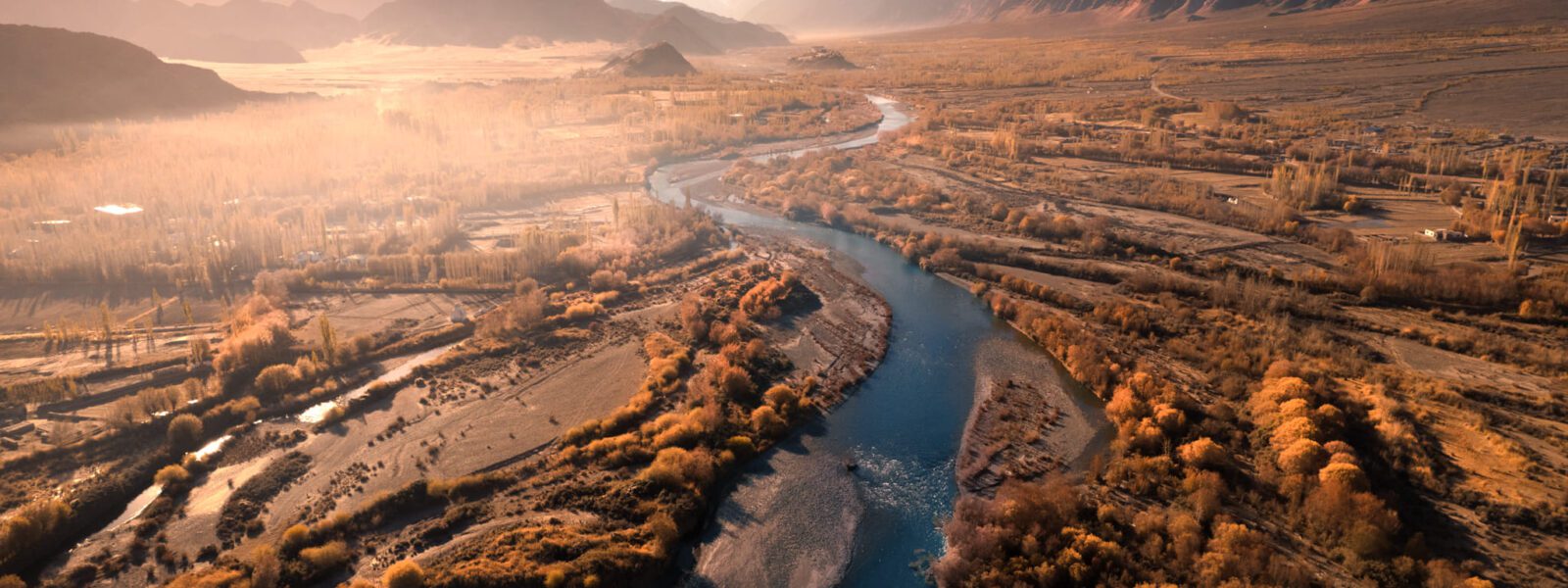
In a century that worships the shortest path, pilgrimage defends the necessary detour—the long way that teaches you why you are going at all.
Conclusion — Beyond Signal, Beyond Noise
Carrying the Altitude Home
The work of travel is not to become unrecognizable; it is to become legible to yourself. If the week did anything, it clarified the difference between appetite and attention, between an audience and a community, between the evidence of a trip and the meaning of one. Pilgrims of the Network Age return with a modest inventory: a shorter list of necessities, a steadier morning, an instinct to schedule silence, a reluctance to ask a chorus for decisions that conscience already knows how to make. None of this is heroic; it is adult. If you wish for a souvenir, keep two habits that survive airports: write one paragraph before sleep and read one durable page at sunrise. These habits will not trend. They will hold. And when urgency stalks you in the lowlands, remember that the altitude was never the point. The point was the person you became when breath was expensive and attention was earned the honest way, one careful minute at a time.
FAQ
Is it realistic to limit connectivity without compromising safety?
Yes. Plan brief, predictable check-ins at the day’s edge, share your route in advance, use offline maps, and agree on “contact if and only if” triggers with a trusted person. This preserves attention while keeping communication reserved for coordination rather than constant companionship, which is safer and saner at altitude.
How can I be respectful of local culture without feeling performative?
Begin with reasons, not rituals. Ask why a path closes, why a ceremony begins then, why a portrait might be unwelcome. Pay official fees, seek permission, and buy what you can explain how to make. When understanding precedes display, respect shifts from choreography to genuine, useful courtesy that people can feel.
What practical habits help convert travel into pilgrimage?
Keep a short morning ritual—walk, read something older than you, write three sentences by hand. Schedule solitude, carry less gear, revisit one place twice to let recognition form. Treat attention as currency and minimize broadcast. Pilgrimage is mostly logistics tuned to humility; the rest is what time does to you.
How do I balance documentation with presence?
Decide before arrival: make one set of images at the start, one at the end, and none during pivotal encounters. Keep a notebook for impressions that should mature before sharing. Post after the day is complete. This protects the integrity of moments while honoring the human wish to remember responsibly.
What should I bring that I might not think of?
A paper map, a pencil, a slim book you disagree with, spare socks, and generosity enough to pay for what you cannot carry in labor. Layers over lenses. You will meet more people by asking directions than by asking for Wi-Fi, and the conversations will outlast the posts.
Closing Note
A Small Vow for the Road Back
Write one sentence on a slip of paper: “Today I will practice the long way.” Keep it with your passport. Read it at departure and again when urgency returns. The long way is not distance; it is devotion—an older arithmetic in which attention multiplies value and silence restores proportion. May your city inherit the patience you learned here.
Declan P. O’Connor
The narrative voice behind Life on the Planet Ladakh, a storytelling collective exploring the silence, culture, and resilience of Himalayan life. His essays braid practical travel ethics with reflective prose, inviting readers to move more slowly, listen more carefully, and return home changed.

